How do you find out what a company’s ESG rating is?

Keytrade Bank
keytradebank.be
December 18, 2021
(updated September 06, 2022)
5 minutes to read
As sustainability issues become of increasing importance to more and more investors, it is also important that they can be measured. In simple terms, a company’s ESG rating is a numerical indicator of how well the company performs in Environmental, Social and Governance terms.
With a growing need to quantify the ESG performance of listed companies, a number of rating systems have emerged. You can compare the work of these ESG data providers to what Standard & Poor’s, Fitch Ratings and Moody’s do. But while these rating agencies assess the creditworthiness of companies and countries, ESG data providers put a number on how companies score in the area of sustainability. Another difference is that they work independently, whereas credit rating agencies are paid by the companies they assess.
Useful to know: an ESG score is calculated based on hundreds of data streams, news channels and events that are reported and interpreted. So there is always a gap between reality and perception. After all, not all information is public or complete.
Professional versus private investors
If you invest in funds or trackers that promote themselves as being ESG or sustainable products, the managers will do the ESG homework for you. These pros typically have access to detailed (and paid) ESG datasets from, for example, S&P Trucost, Bloomberg or ISS-ESG. They often combine all these datasets with their own in-house ESG analyses to arrive at their investment decisions.
If you invest in individual shares, you not only have to do the ESG homework yourself, but the number of sources is also much more limited. Fortunately, more and more ESG data providers are making (some of) their data public. As a private investor, you can make well-informed decisions without having to open an account or paying for access to a very expensive portal.
Some commonly used platforms:
1. MSCI
Their public search function for ESG ratings and climate impact allows you to browse the more than 2,900 companies that make up the MSCI ACWI Index. You can search by company name or ticker and see how the company compares to competitors and its sector. Companies are rated between CCC (worst rating) and AAA (best rating).
2. Sustainalytics
This ESG data provider was acquired by Morningstar in 2020. In their database you will find data for more than 14,600 listed companies. There are five categories into which stocks are classified: negligible ESG risk (0-10), low (10-20), medium (20-30), high (30-40) and severe (40+). You can also see how a company scores compared to its peers in that sector.
3. Arabesque S-Ray
Arabesque S-Ray is a provider focused on consulting and data solutions, by combining big data and ESG parameters to assess the performance and sustainability of more than 8,400 companies. There are several ways to evaluate listed companies:
- The GC rating, an assessment based on the core principles of (from 15 to 75).
- The ESG rating (score from 15 to 80)
- The Temperature rating, which quantifies the extent to which companies impact climate warming.
4. Refinitiv
Refinitiv is one of the world’s largest data providers. ESG ratings for more than 10,000 companies have been freely available since 2021. For each company you will find an overall rating, a rating per area (E, S and G) and a score per category within each area. The worst score is 0, the best score is 100.
Same company, different opinions
As you probably already figured out, each ESG data provider bases itself on its own set of definitions, calculation methods and data sources. There is therefore no single, universal ESG score. We can all agree that one metre consists of exactly one hundred centimetres. However, opinions differ about the ESG score of, say, ArcelorMittal:
- MSCI: BB rating on a scale from AAA to CCC.
- Sustainalytics: a rating of 37 on a scale of 0 to 40+. The higher the figure, the greater the ESG risk.
- Arabesque S-ray: a rating of 50197 out of 80. The higher it is, the worse it is.
- Refinitiv: a rating of 85 out of 100, where 100 is the best.
So they are all comparing "apples to apples", but each doing it in their own way. As can be seen from the above example, a company can therefore be bottom of the class for one, a middle grade student for another and the teacher's pet for a third.
If you are looking at a company’s ESG rating with a data provider, it’s a good idea not to get too fixated on it. ESG data providers try to uncover the truth, each in their own way, but nobody is perfect. The best advice is to check with different providers and keep a critical mindset.
Other articles that might interest you

ChatGPT as financial adviser: reliable or not?

Monthly video 2026

Stock market romance: profiting from Valentine’s Day?

Investing in the $1,000 club

Why you should pay in the maximum amount to your pension savings in January

Monthly video 2025
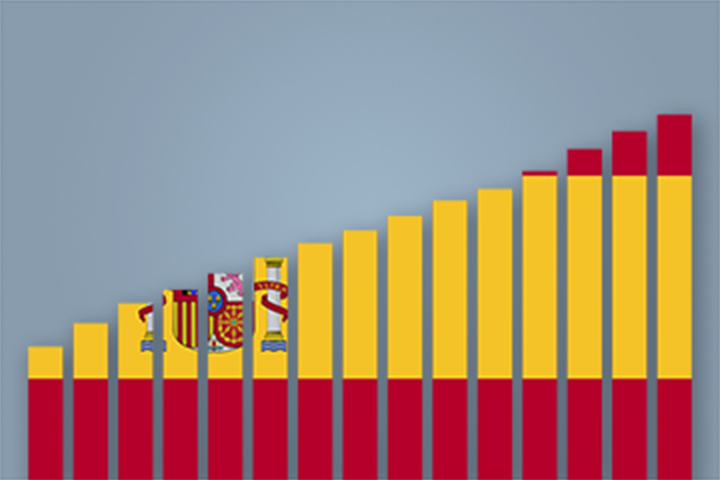
From siestas to sprints, the Spanish stock market surprises investors
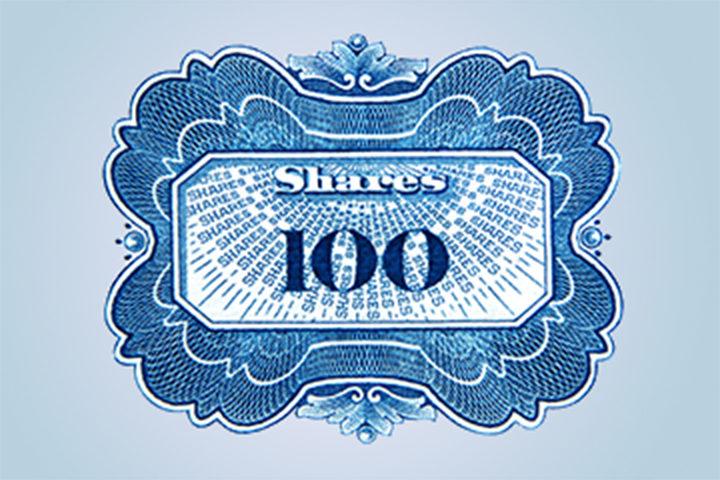
Is it time to say goodbye to bonds?
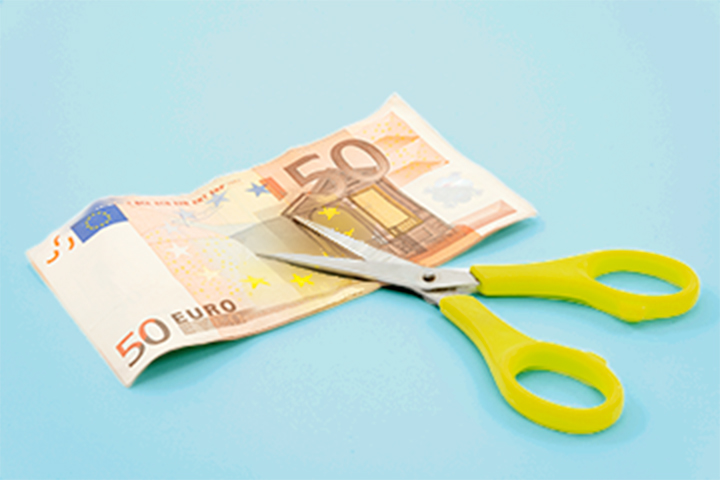
Capital gains tax: how will it affect your portfolio?

Will AI replace human investment advisers?

How can I invest or save better for my child?
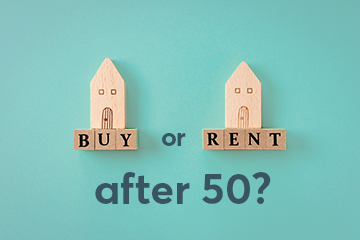
Buying or renting after you turn 50: which option is best for your future plans?
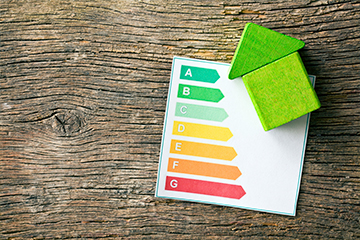
Don't forget to include your EPC in your credit application

Is a buy-to-let property a smart investment?
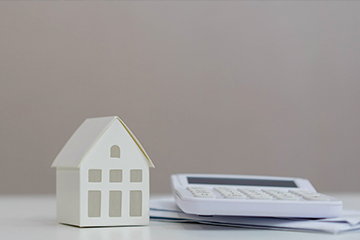
How much can you borrow for a home?

Borrowing for a second home: what are your options?
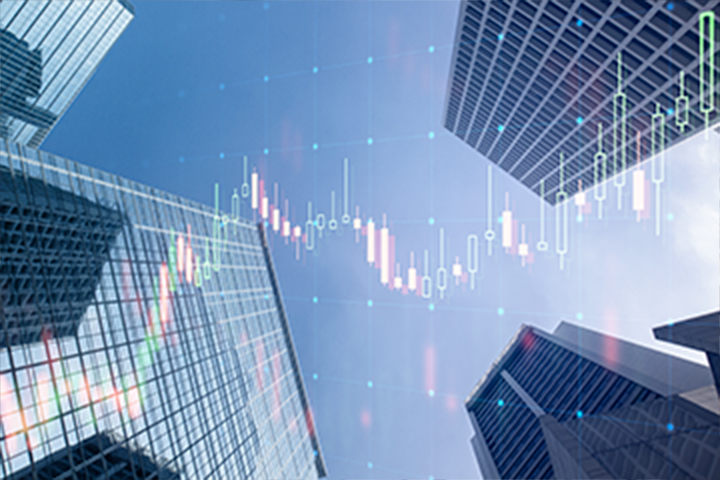
Property shares: ripe for a comeback?

10 tips for the novice property investor

Investing in your partner’s home? Don’t make these mistakes!

Ever heard of the Zweig Breadth Thrust?

Humanoid robots: hype or golden opportunity for investors?

Defensive shares as a buffer?
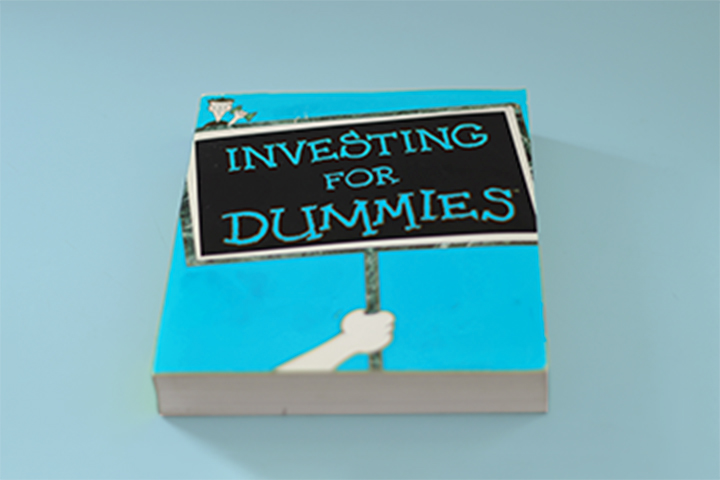
A beginner's guide to buying shares in five steps

Monthly video 2024

Investing when money is tight: being ambitious pays off!

40 years of pension savings: what will you spend it on (literally)?
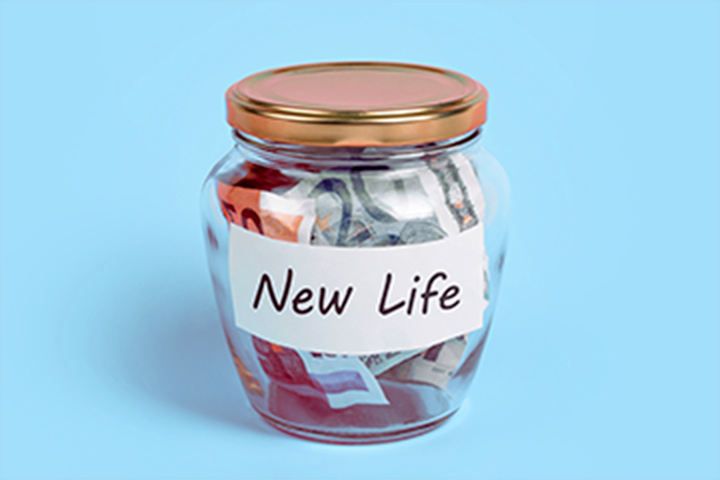
From FOMO to ZERO bank account? 5x pension savings to the rescue

Start growing your pension sooner rather than later
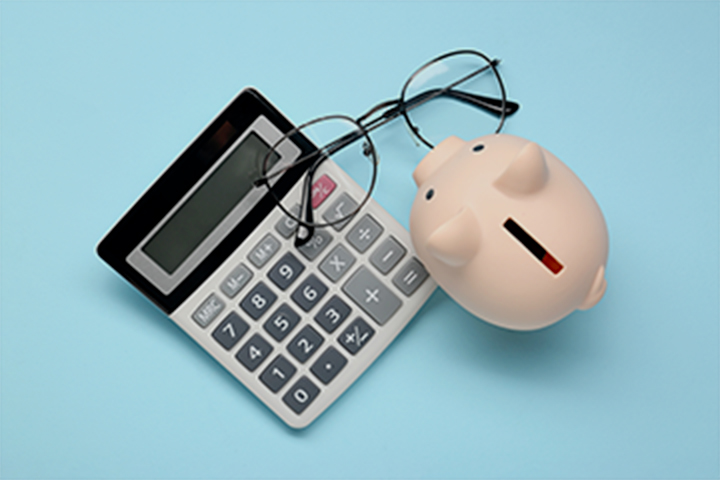
Pension savings returns: these choices give the maximum payout

Why pension planning is even more important for women
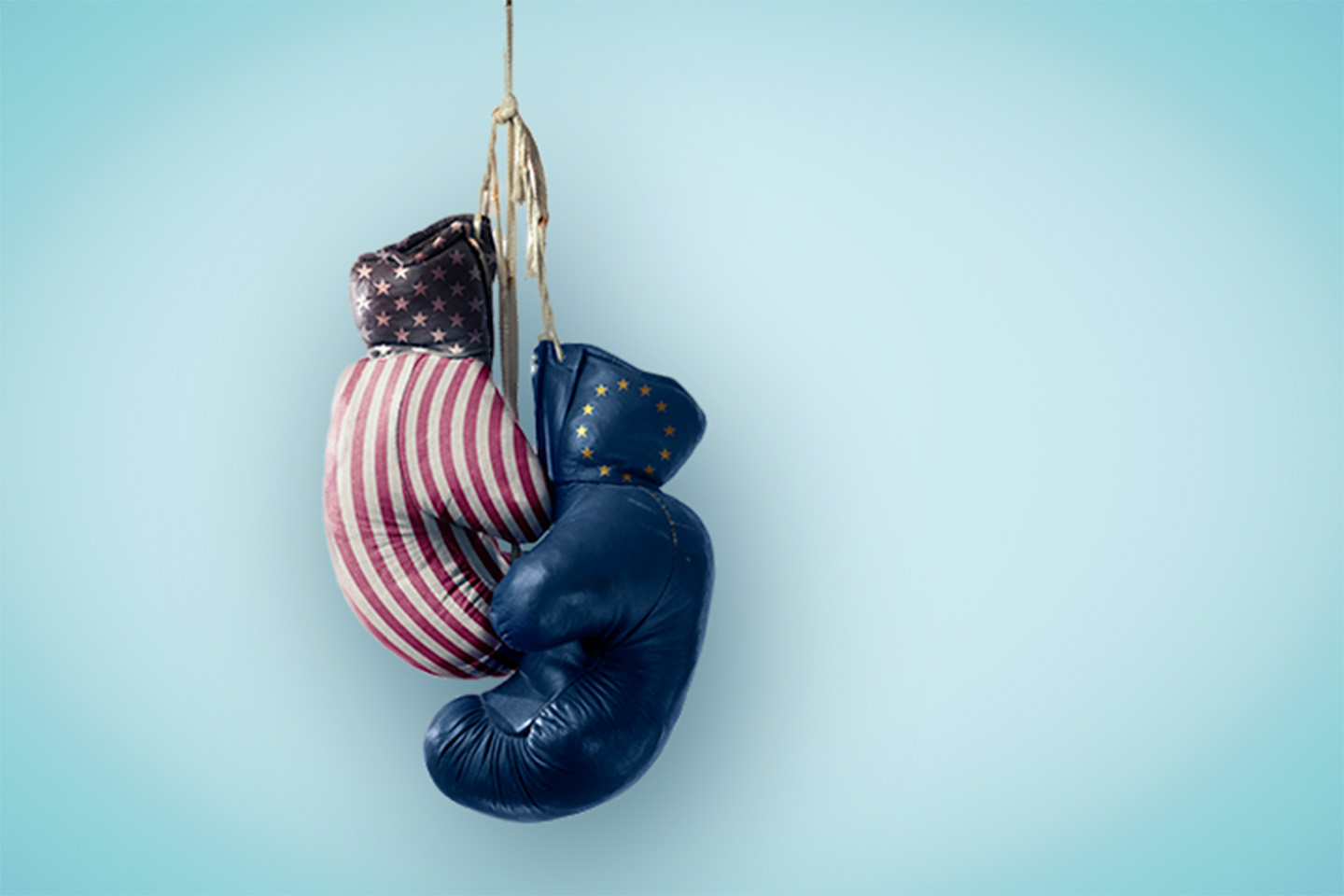
United States 1, Everyone Else 0
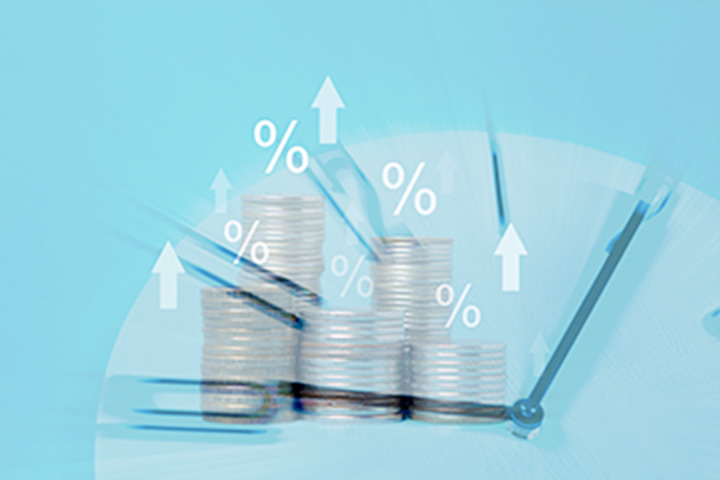
When should you start investing? Seven potential key moments in your life
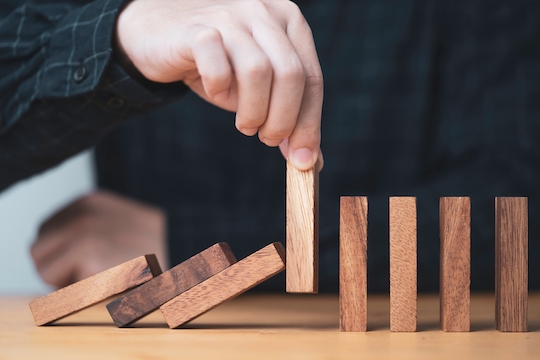
Did you just purchase shares? Why you should immediately set a stop-loss

Are there shortcuts to becoming financially independent?

A potential worldwide trade war is claiming European victims

Ever thought of investing in the pet industry?

Have long-term interest rates once again started a 40-year uptrend?

Graph of the Week: Magnificent 7 vs 2000s Tech Bubble

5 mistakes investors make in volatile markets

Keytrade Bank 'Second Serve' project gives a new lease of life to old padel balls

Government bonds, savings accounts, or term accounts: which should you choose?

House flipping: is it worthwhile?
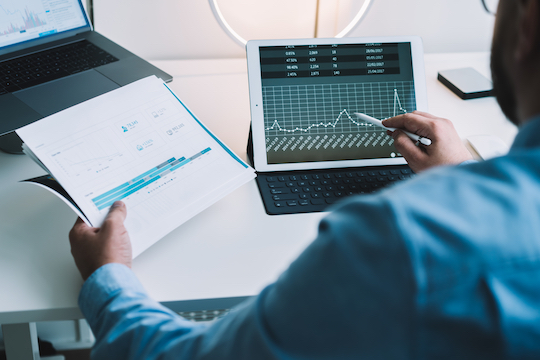
Investing in dividend shares: what to look for?
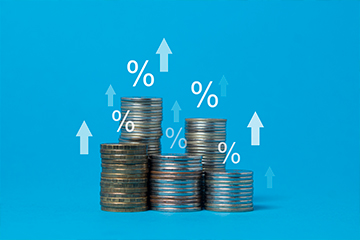
Why high dividend yields can be a poisoned chalice

3 ways to invest when you don't have much time.

How do you select an investment fund for your child?

Robotics: From science fiction to science

Coronablog by Geert Van Herck: Market Observations
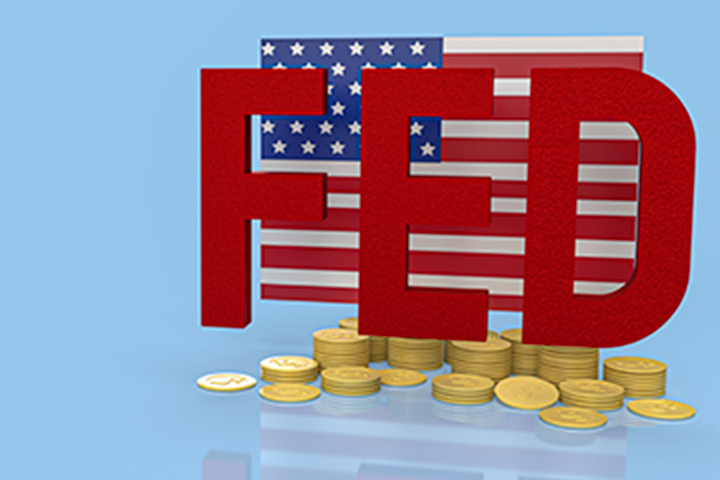
Is it the right time to invest in bonds?

Have you ever thought about investing for your children?

How can you invest in space travel?
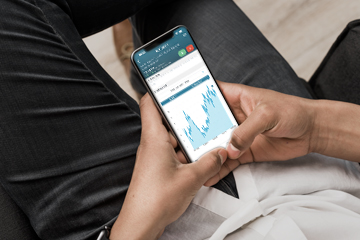
Invest yourself or have someone do it for you: do you have to choose?

What do you have to tell the tax man about your money and investments?

Monthly video 2023

How can you invest in an ageing population?

How do elections affect the stock market?
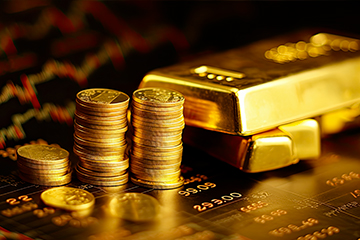
Golden days? Why to invest in gold (or not)
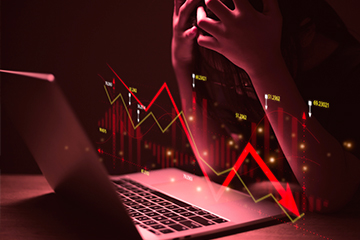
Watch out, danger's about
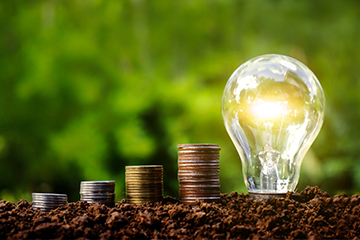
How to invest in the energy transition?

Is India the new China?
Which sectors should remain overweight following the latest rate hike?

Keytrade Bank chose SOPIAD to integrate a ‘sustainable preferences module’ in Keyprivate

8 timeless rules for investors
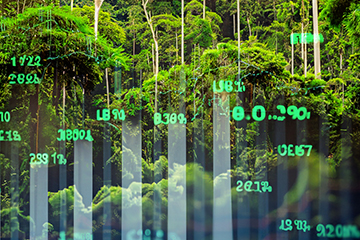
Investing in biodiversity: can Wall Street save the rainforest?
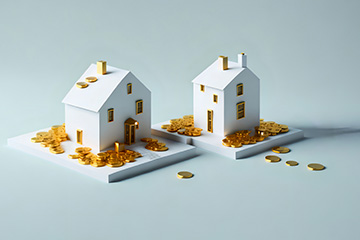
Saving for the sake of saving? Or with a goal in mind?

How do you prepare financially for a longer life?

Investors, keep your emotions in check!

How natural disasters affect the economy and the markets

How much diversification is enough for your portfolio?

Which investment opportunities are available on the road to smart mobility?

A vitamin shot for your investments
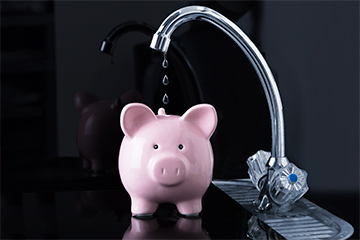
Does water earn a place in your portfolio?
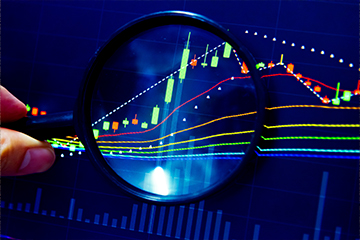
Bonds to rise in 2023?

Monthly video 2022
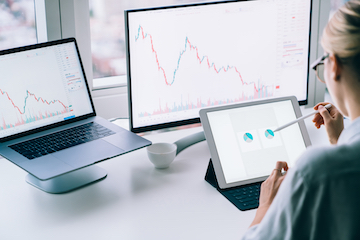
A recession and yet the markets are going up?!
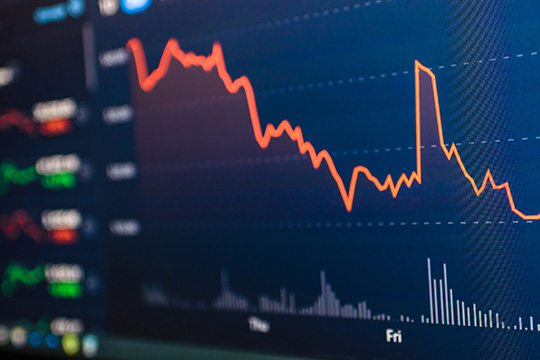
Is tighter monetary policy acting as a brake on the stock market upturn?

Getting nervous about the stock market? Take a look at the 200-day moving average

ESG's alphabet

How can you make an investment portfolio inflation-resistant?

CARD STOP has a new number! 078 170 170

Monthly video 2021
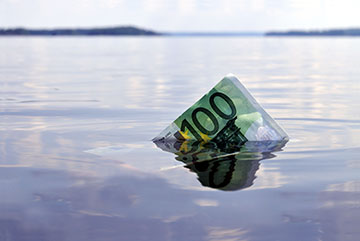
Five tips for keeping a cool head when the stock market becomes turbulent

How do I choose the right shares?

Short selling: what is it and how does it work?

10 things you can do within a day to improve your financial health

How to protect your capital in the event of a divorce

Timing is everything: how to choose the right time to enter the stock exchange?

La technologie préserve les investisseurs contre l'utopie

Why (not) invest in micro-caps?

Rising debt: is it a problem?

Funds and trackers: do you opt for capitalisation or distribution?

Can I invest even if I do not have a large sum of money available?

What do I do to balance my investments?

CARD STOP has a new number! 078 170 170

Always have a megatrend in your portfolio

The lazy marathon investor

Are we heading into a year-end rally by the stock markets?

Coronablog de Geert Van Herck: La panique atteint des sommets… énième épisode

Coronavirus blog by Geert Van Herck: S&P 500 indicates a positive trend

What retirement pension will you get later?

How can we cope with financial stress?
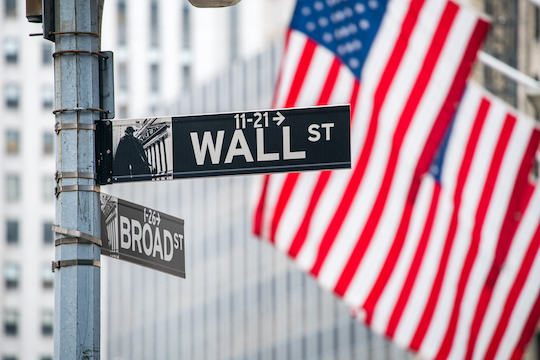
US stock market dominance not coming to an end yet!

Going for gold? Gold is apparently going for it.

Are you a contrarian investor?

























































































